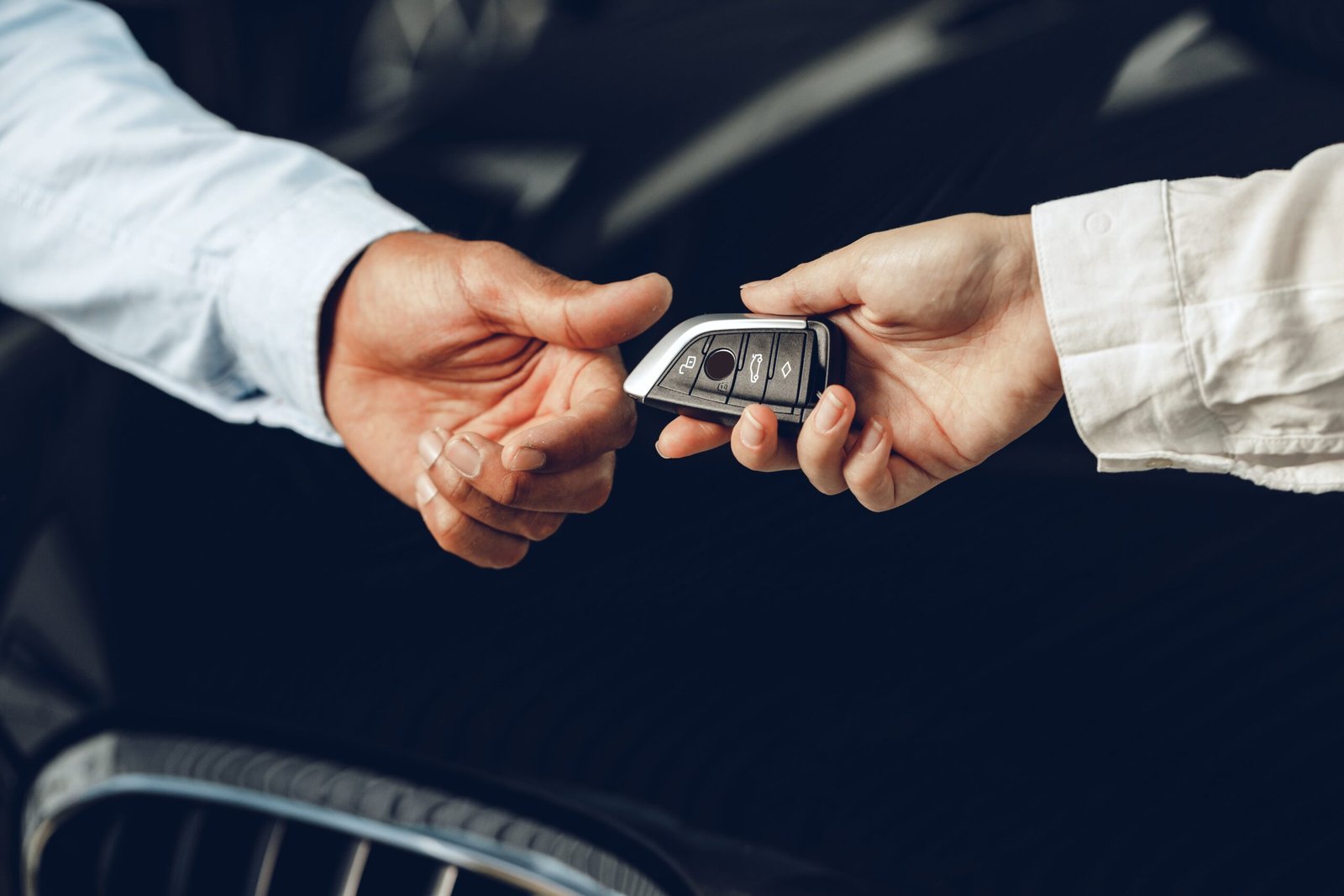Understanding Car Key Programming: Everything You Need to Know
In the contemporary automotive landscape, the function and style of car keys have progressed substantially. Gone are the days of simple metal keys that merely lock and unlock your vehicle. Today's car keys often come geared up with advanced electronic features such as transponders, remote entry systems, and even wise keys. As a result, the process of programming car keys has ended up being an essential subject for vehicle owners. This post will explore what car key programming includes, the different types of keys, and responses to regularly asked concerns, together with beneficial lists to direct you through the process.
What is Car Key Programming?
Car key programming refers to the procedure of configuring a car key or fob to interact correctly with a vehicle's ignition system. This ensures that the key can begin the vehicle and run its electronic features. Car keys can be broadly categorized into 3 main types:
Types of Car Keys
Standard Keys
- Metal keys that physically unlock the doors and spark the engine.
Transponder Keys
- Keys that include a small chip programmed to a particular frequency. These keys should be within distance to the ignition for the vehicle to begin.
Smart Keys
- Likewise referred to as keyless entry systems, these keys enable the vehicle to find the key's existence and can open the doors and begin the engine without inserting the key.
Table 1: Comparison of Car Key Types
| Key Type | Features | Benefits | Disadvantages |
|---|---|---|---|
| Traditional Keys | Fundamental metal key | Easy and cost-effective | Minimal security; quickly duplicated |
| Transponder Keys | Chip embedded; needs programming | Increased security; tough to replicate | Needs programming and sometimes a dealership |
| Smart Keys | Keyless entry; push-to-start functionality | Benefit; exceptional security | More expensive and can malfunction |
Why is Car Key Programming Important?
Programming your car keys properly is important for a number of reasons:
- Security: Properly programmed keys avoid unauthorized access to the vehicle.
- Convenience: Keyless entry functions improve user experience by permitting keyless access to vehicles.
- Performance: Features such as remote start, panic buttons, and vehicle tracking depend on programmed keys.
How is Car Key Programming Done?
Steps to Program Car Keys
- Obtain the Correct Key: Purchase a key specifically created for your vehicle's make and design.
- Find the Programming Instructions: Refer to the vehicle owner's manual or producer's site for specific programming steps.
- Utilize a Key Programmer or Scanner: Many modern cars require a diagnostic tool to program the key. A professional locksmith or dealer may offer this service.
- Follow the Protocol: Most programming includes a series of actions that may consist of turning the ignition on and off and pushing specific buttons on the key fob.
- Evaluate the Key: Once programmed, inspect that all functions, including locking/unlocking and starting the ignition, work correctly.
Typical Key Programming Methods
- Do it yourself Programming: Some cars enable owners to program their keys at home using the handbook.
- Professional Locksmiths: Experienced locksmith professionals can program keys on-site, using specific devices.
- Car dealerships: Authorized dealerships typically have the needed tools and proficiency to program keys for your specific vehicle.
Frequently Asked Questions about Car Key Programming
1. Can I program my car key myself?
Numerous more recent automobiles do not allow DIY programming. Nevertheless, Karl Hawf provide guidelines in the owner's manual for basic keys. Always inspect your design's compatibility.
2. Just how much does it cost to have a car key programmed?
The cost varies based on key type and company. Standard keys are normally less costly, while smart keys can range from ₤ 200 to ₤ 600 when programming is consisted of.
3. What if my key is lost? Can I get a new one programmed?
Yes, a brand-new key can be programmed using the vehicle recognition number (VIN) for verification, usually through a dealer or qualified locksmith professional.
4. What should I do if my programmed key does not work?
If your key fails to work, check battery strength for fobs, review programming actions, or consult with an expert locksmith or dealer for help.
Programming car keys is a complicated process that needs understanding of the particular vehicle's functions and needs. As automotive technology continues to advance, comprehending how to deal with key programming remains a crucial skill for vehicle owners. By acquainting themselves with the various key types, programming techniques, and potential expenses, car owners can guarantee the security and performance of their cars remain undamaged.
Summary
- Car key programming is essential for security and convenience.
- There are various types of keys: traditional, transponder, and wise keys.
- Programming can often be done by the owner or by professionals at locksmith professionals or dealerships.
By remaining notified on these important aspects, vehicle owners can browse the intricacies of car key programming and maintain their lorries efficiently.

